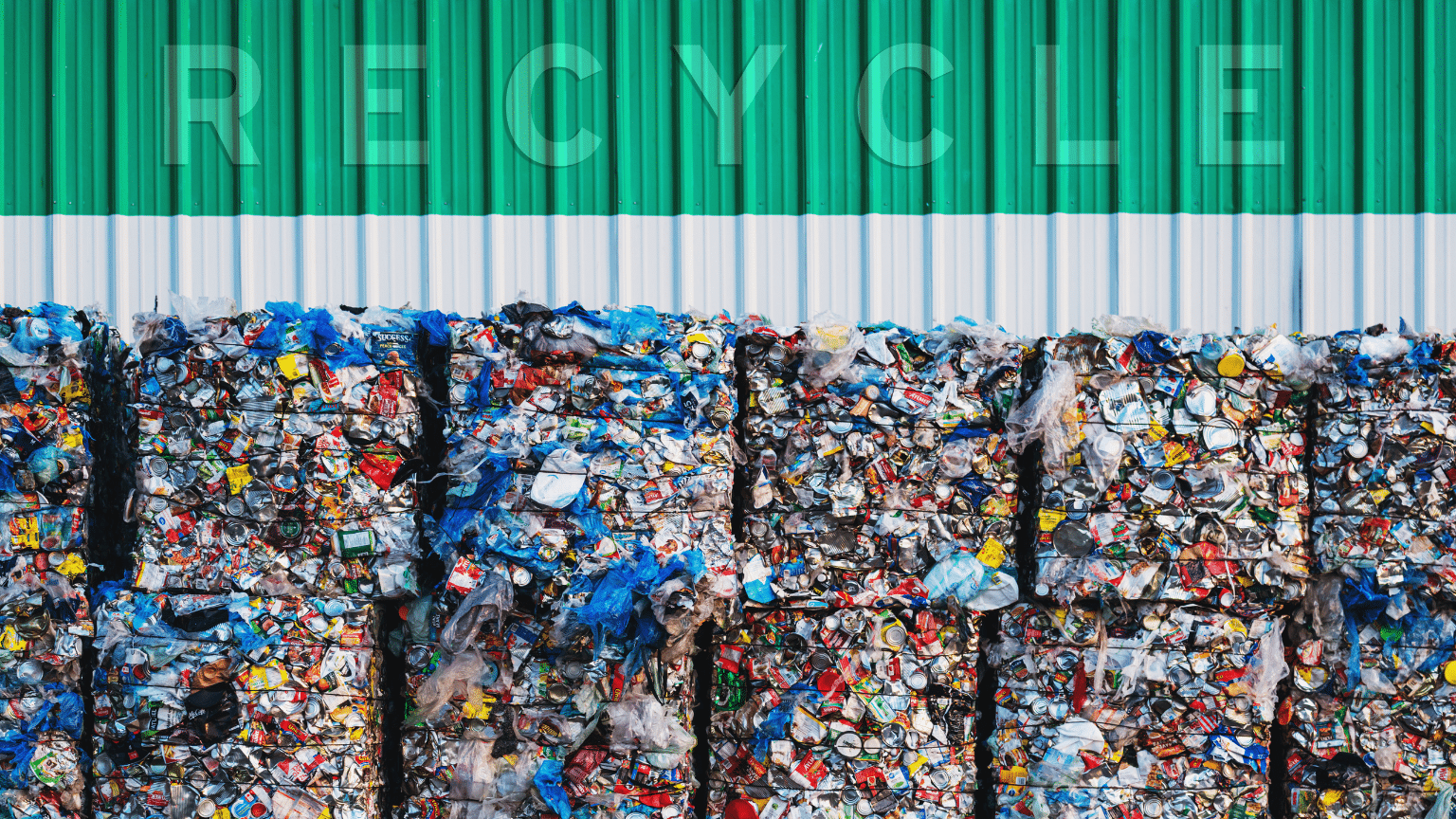As National Recycling Week draws to a close, I find myself reflecting on the year that was and considering the progress made not just in recycling, but more broadly in advancing the circular economy. In my experience, the dialogue has significantly evolved and matured over the past year, and I applaud the sustainability leaders who have been leading the charge.
There’s a much greater understanding by consumers, businesses, and governments that while recycling performs an important role – it is only just one part of a greater system – that needs to evolve from a linear state; if we are serious about minimising waste to landfill and keeping resources and materials in circulation at their highest value.
In years gone by during National Recycling Week, the general discourse has focused on household waste and the need for consumers to “do more”, but attention has clearly shifted to the pivotal role of commercial and industrial supply chains in delivering sustainability outcomes. As Chair of Circular Australia’s Industry Taskforce and founder of Great Plastic Rescue by Civic Futures Lab; this shift is encouraging.
However, as you close out the week-long celebration of your recycling milestones, I encourage a more provocative conversation within the retail community.
Targets to increase the volume you recycle only focus on what you’re putting into the system; but how much do you plan to take out of it? Recovered materials need a home (the RedCycle program clearly illuminated this).
This is the more urgent conversation we need to have. Recycling ‘more’ shouldn’t be the standalone goal. Resource recovery is increasing across the retail sector and that’s a good thing; but we need a more considered plan for how these resources will be reused and remanufactured into better designed, more circular products and packaging. Redesigning your supply chains to adopt more recycled content and become more circular is the name of the new game. And it’s not just the better way to operate for the environment, it also presents a myriad of new value-creation opportunities.
There’s mounting evidence of the tangible benefits of value chain collaboration to lower emissions and present an innovative pathway to solving the pressing challenges we all face in our ambition to decarbonise and achieve Net Zero. The circular economy is a viable pathway.
When you bring together key players in your value chain, to work collaboratively on adopting circular principles; it’s likely you’ll find practical, meaningful solutions that have real impact. No one business can solve this problem alone. We need greater collaboration and a shared responsibility and commitment to rethinking our entire approach to production, consumption, and resource management.
At the very least, starting an in-house conversation about adopting the 10 R’s of circular design presents an enormous opportunity to highlight the multiple ways in which retailers can deploy innovative sustainable strategies (before you even get to recycling). It’s been pleasing to witness the growth of this movement and the emergence of new commercial models in the Australian market over the past twelve months, for example the recently announced partnership between Oroton and RNTR, to rent clothing directly to consumers from the brands websites. Also leading the way with testing and piloting new circular business models is the famous Officeworks x Circonomy partnership, as is the Winning Groups’ approach to recovering packaging and end-of-life appliances providing “circularity-as-a-service” to value-add for their customers.
In 2023, we worked with Australian Retailers Association member, Adairs to design and deliver a national “plastic bag amnesty” to remove approx. 1 million plastic carry bags across their 172 retail and outlet stores and now we’re working with Australian designers, recyclers and manufacturers to turn the 15 tonnes of retired Adairs bags into an exciting new fully circular product which will be revealed in early 2024. While this is super exciting, I acknowledge that business transformation is not easy and working across industries and supply-chains is complex; but we can all learn from the shared lessons and experiences.
As I look towards 2030 the retail industry has a unique opportunity and the power to lead the national charge on advancing the circular economy. Choosing sustainable supply-chain partners who design for longevity, and create products that can be easily repaired or repurposed will, in a circular economy, eventually reduce the need for landfill diversion strategies and recycling. In my mind, this is not just about compliance or meeting targets; it’s about genuinely committing to a regenerative future and leading by example. Keep paving the way, keep having hard but hopeful conversations, keep challenging the status quo to really redefine what it means to be a sustainability leader in retail.
Bronwyn Voyce is the founder of Civic Futures Lab, an impact lab for government, ASX and SME leaders seeking to address climate risk and accelerate the global transition to a circular economy. Flagship projects include the world first “Great Plastic Rescue” a circular solution for banned single-use plastics which saved 16+ million items from landfill; and “Circularity for Climate” (launching later in 2023) which empowers industry to adopt circular principles. models and materials through value-chain collaboration to decarbonise and repair nature.
Bronwyn is the Chair of Circular Australia’s Industry Taskforce and has previously worked on nationally significant projects including the G20, implementing Australia’s first local government Open Government project, City Deals, and leading the Australia American Young Leadership Dialogue.
With a unique background spanning across regional economic and industry development and shaping policies and the regulatory landscape as an elected Local Government Councillor, Advisor, and Board Member, Bronwyn brings invaluable insights to her innovative approach in complex problem-solving and driving transformative systems change.





















